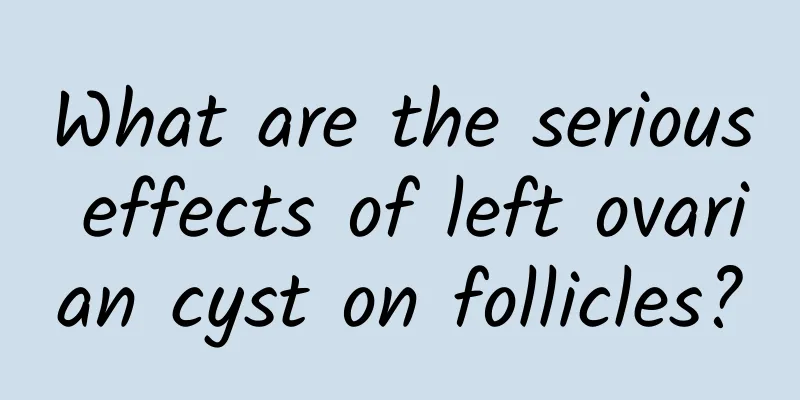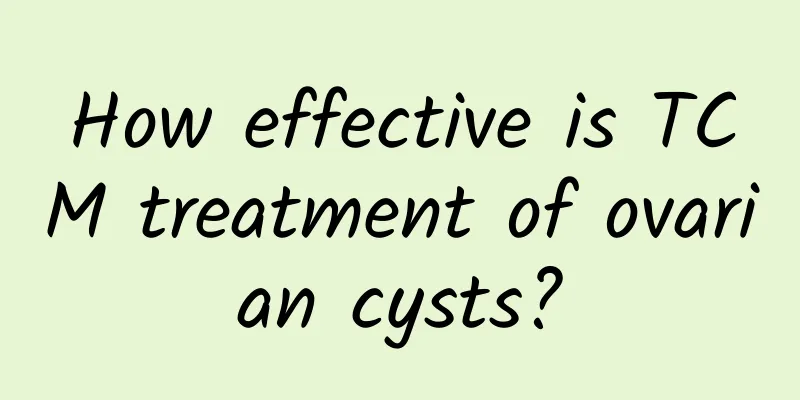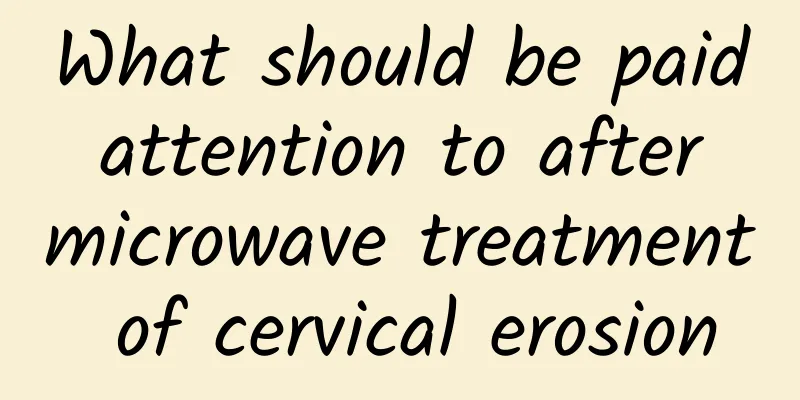Can uterine cysts be treated with medicine?

|
Uterine cysts can be treated with medication, but the specific treatment plan depends on the type, size and symptoms of the cyst. Common medications include hormone drugs, Chinese medicine conditioning, etc. The formation of uterine cysts is related to abnormal hormone levels, inflammation, genetics and other factors. Treatment requires targeted intervention based on the cause. 1. Drug treatment is one of the common methods for uterine cysts, which is suitable for functional cysts or mild symptoms. Hormonal drugs such as oral contraceptives can regulate hormone levels and inhibit cyst growth; Chinese medicines such as Guizhi Fuling Pills and Xiaoyao Powder have the effects of promoting blood circulation and removing blood stasis and regulating endocrine, which are suitable for long-term conditioning; non-steroidal anti-inflammatory drugs such as ibuprofen can relieve pain symptoms, but they must be used under the guidance of a doctor. 2. Surgical treatment is suitable for cases with large cysts, severe symptoms or suspected malignant transformation. Laparoscopic surgery is the first choice for minimally invasive treatment, with less trauma and faster recovery; laparotomy is suitable for complex or huge cysts; ultrasound-guided puncture and aspiration can be used for simple cysts, but the recurrence rate is higher. The choice of surgery should be determined based on the patient's specific situation and the doctor's advice. 3. Lifestyle adjustment has a positive effect on the prevention and auxiliary treatment of uterine cysts. Avoid high-fat and high-sugar foods in your diet and eat more fiber-rich vegetables and fruits; moderate exercise such as yoga and walking can help improve blood circulation and regulate endocrine; maintain a good attitude and avoid long-term mental stress, which has a positive effect on hormone balance. The treatment of uterine cysts requires a personalized plan based on individual conditions. A combination of medication, surgery, and lifestyle adjustments can effectively control the condition and improve the quality of life. Regular checkups and compliance with doctor's orders are key. Avoid self-medication or ignoring symptoms to avoid delaying treatment. |
<<: What to do if adolescent girls have ovulation bleeding
>>: What to do if the pain from Bartholinitis subsides?
Recommend
There is a science to walking~6 exercises to strengthen muscle fascia connection and be more graceful
I really like to observe the coming and going of ...
Long-term treatment of vulvar leukoplakia is the fundamental
Vulvar leukoplakia can cause the skin or mucous m...
The most professional hospital for congenital absence of vagina
How to choose the most professional hospital for ...
The harm of Trichomonas vaginitis to women
Vaginitis mainly refers to a disease in the femal...
Five things to note when treating vulvar leukoplakia
The treatment of vulvar leukoplakia is not a simp...
"New 5 Senses of Health" Labels to Help You Control Calories
When eating out, people always find it difficult ...
Cost of treatment for dysfunctional uterine bleeding
Functional uterine bleeding, also known as DUB, i...
Which is better: Bulletproof coffee, intermittent fasting, or a cleanse and detox diet? Common Myths Debunked
Unfortunately, there are so many wrong diets that...
What medicine can cure left adnexitis quickly?
Left adnexitis can be treated with antibiotics, a...
Will ovarian cysts recur after surgery?
The treatment methods for ovarian cysts are gener...
You can also do it while commuting! 8 mind-blowing exercises
There must be a lot of people who feel like "...
Understanding the symptoms of unclean abortion will help with timely examination and treatment
Spontaneous abortion is common, but there may be ...
What are the symptoms of miscarriage in early pregnancy? There are 3 major symptoms
I believe everyone knows that the first three mon...
What to do if you have premature ovarian failure at the age of 19
What should I do if I have premature ovarian fail...
What to do if your vulva is itchy
Vulvar itching is a common gynecological problem ...






![[Video version] Dementia, aging...the brain is playing tricks! 6 essential nutrients for brain protection](/upload/images/67dcfb4c1e4a3.webp)


